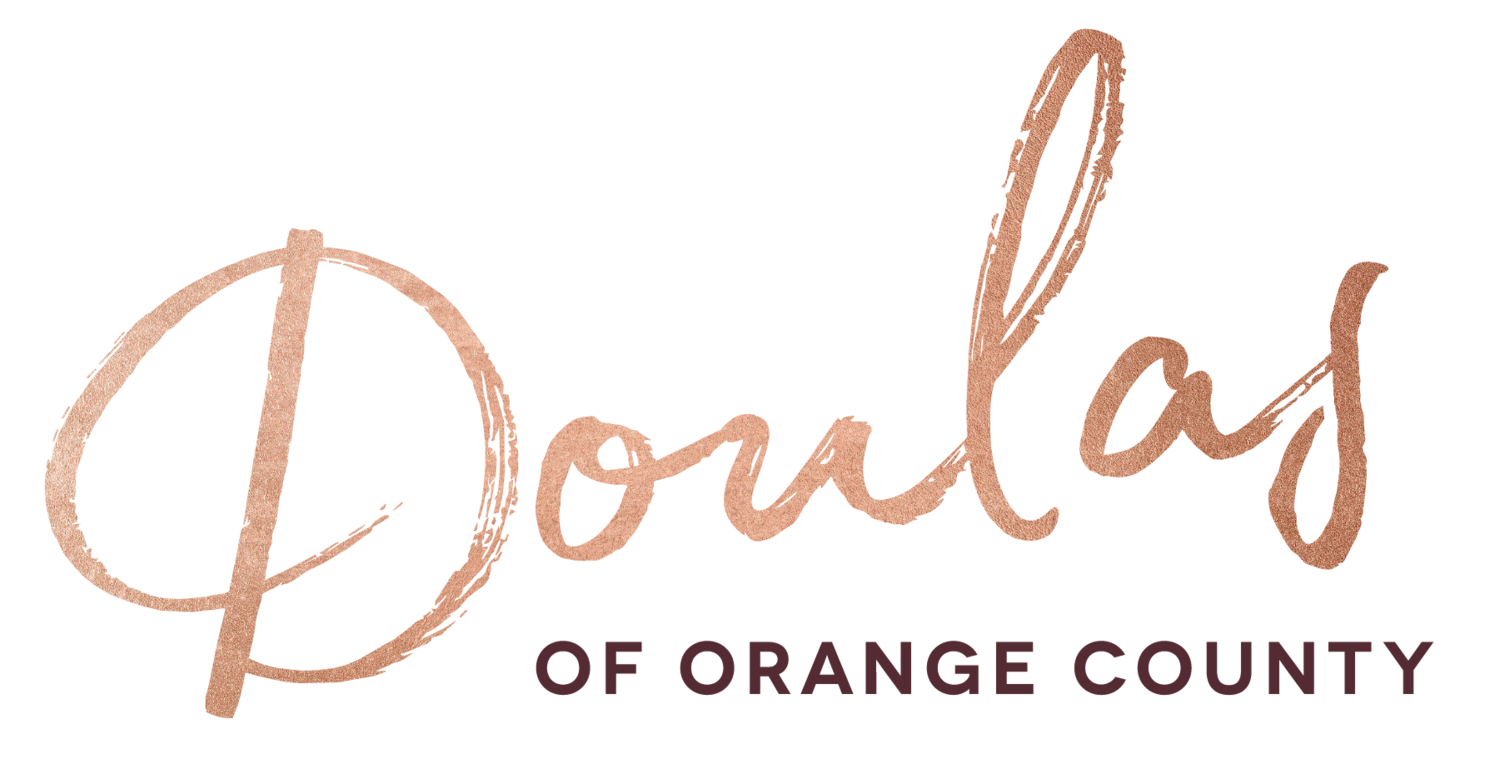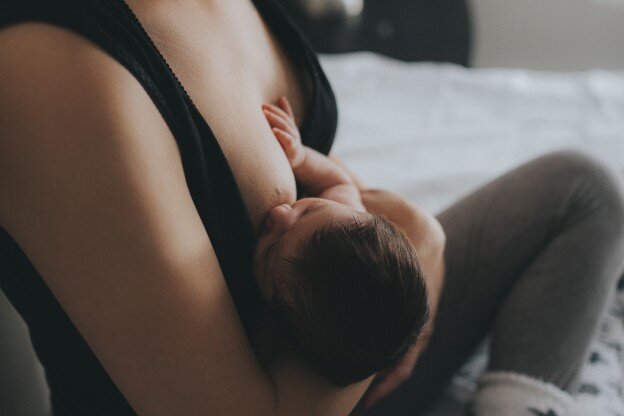Have you talked with your doctor about what you can expect during and after birth if you suspect you have Coronavirus, or test positive for COVID-19?
It’s an important discussion to have regardless of the stage of pregnancy you are in. Start an ongoing dialogue with your primary maternity care provider about how Coronavirus disease may affect you and your family, throughout your pregnancy, birth, and postpartum period.
What We Know About COVID-19
SARS-CoV-2, commonly referred to as COVID-19 or Coronavirus, is a respiratory virus that is primarily transmitted by respiratory droplets when an infected person coughs or sneezes. It can be spread even if the person has no symptoms or feels well. At this time, there are no documented cases of transmission of COVID-19 through breast milk. It has also not been shown to spread from mother to baby during pregnancy and birth, but more research is needed. COVID-19 can be passed from parent to baby through respiratory droplets after birth.
Can I still breastfeed if I test positive for COVID-19?
Breastfeeding helps to prevent many illnesses and protects babies throughout infancy and childhood. Breastmilk is especially protective against infectious diseases like COVID-19 because it boosts the immune system through the transfer of antibodies from breastfeeding parent to baby. The US Centers for Disease Control and Prevention (CDC) and World Health Organization (WHO) both recommend breastfeeding and suggest that parents who test positive or are suspected of having COVID-19, continue to breastfeed but take precautions.
Rules for Breastfeeding When You Have COVID-19
If your doctor suspects you have COVID-19 and you are awaiting test results, or you have an active COVID-19 infection, you can still breastfeed your baby! It is recommended that you reduce the risk of transmitting the virus to your newborn by following five simple guidelines.
Be diligent about respiratory hygiene. This includes wearing a mask when you are close to your baby.
Wash your hands with soap and water frequently, especially before and after holding your child. Use hand sanitizer when hand washing is not possible.
Clean and disinfect surfaces you touch frequently.
Express breastmilk if you are too unwell to breastfeed. Take care to wash your hands before touching bottles, your pump, and other supplies. Wash all items after each use.
The World Health Organization (WHO) suggests that if you are too sick to breastfeed or express breastmilk you may want to consider options such as re-lactation (stimulation of breastmilk supply after a break) or using donor human milk.
Where can I get more information about breastfeeding and COVID-19?
When gathering information about breastfeeding and Coronavirus for our clients, we refer to medical journals, scientific studies, and the following resources:
California Department of Public Health - Guidance for Pregnant and Breastfeeding Women During the COVID-19 Pandemic
US Centers for Disease Control and Prevention (CDC) - Coronavirus Disease (COVID-19) and Breastfeeding
World Health Organization (WHO) - Breastfeeding advice during the COVID-19 outbreak
Collaborative Decision Making for Breastfeeding and Coronavirus
Work together with your medical care provider, lactation consultant, and doula to gather the most up-to-date information. When it comes time to make decisions, seek the advice of trusted experts, and then make the choices that are best for your family.
***The SARS-CoV-2 pandemic is constantly evolving, and new information is discovered each day. All information provided is current as of publishing.***


